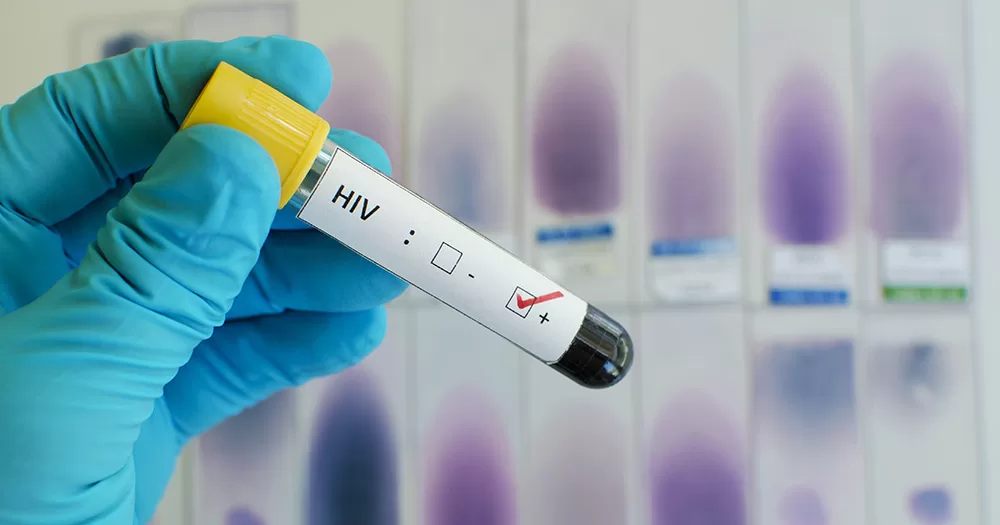According to new data from the Health Protection Surveillance Centre (HPSC), Ireland recorded a drop in first-time HIV diagnoses amid increasing case numbers in 2022. The findings emerged as part of a new report published on Tuesday, November 7, which compared last year’s results with pre-pandemic figures from 2019.
Overall, there was a 68% surge in notifications of HIV, rising from 527 to 884, which the HSPC largely attributes to an increase in cases among people previously diagnosed outside Ireland. However, first-time diagnoses decreased by 16% when compared to 2019 and were at a lower rate than between 2012 and 2018.
Gay, bisexual and other men who have sex with men (gbMSM) continue to be the main group affected by HIV in Ireland, accounting for 58% of the first-time notifications. Meanwhile, 35% of total cases in 2022 were recorded among heterosexuals, and there was a considerable 107% increase in diagnoses among heterosexual females.
? @hpscireland released their latest report on the epidemiology of HIV in Ireland.
⚠️884 HIV notifications in Ireland in 2022.
The graph is stark but it’s important to dig deeper to properly understand the increase in notifications.
?A quick thread (includes good news!) — pic.twitter.com/RZtJoKA7bs
— Adam Shanley (@Adlers1) November 7, 2023
Responding to the findings, HIV Ireland Executive Director Stephen O’Hare said, “Despite a worrying rise in overall case numbers, the continued fall in the number of first-time diagnoses compared to pre-covid years highlighted in this new data represents something of a ‘silver lining’.
O’Hare continued by noting Ireland’s commitment to eliminating first-time diagnoses by 2030, and added, “We are hopeful that increased availability of clinic and community-based testing, coupled with the new initiatives, such as free HIV and STI self-testing services, and the continued roll out of the national PrEP programme, are proving effective contributors to this visible trend.”
Speaking about the rise in cases among women and trans people, O’Hare said it “should be a key priority in the development of Ireland’s new National Sexual Health Strategy” to develop bespoke services for members of those communities that are living with and impacted by HIV. He continued by welcoming the uptake in self-testing through the HSE’s home testing initiative, particularly among women, and said, “There remains room for more targeted gender specific and community-led approaches across the island.”
Reflecting on the role of HIV-related stigma in preventing more people from accessing testing and treatment services and the negative personal impact on people already living with the virus, Mr O’Hare stressed that “every effort must be made to ensure a meaningful end to stigma and shame, both in the provision of services and among those impacted by HIV”.
“This year, the WHO reconfirmed that people living with HIV, on effective treatment, and who have achieved an undetectable viral load, cannot pass on the virus. In other words, there is zero risk.
“Concrete measures to eliminate outdated attitudes which unfairly stigmatise and shame people, including widespread information, education and training initiatives must be utilised, in partnership with key stakeholders, across services and across society,” he concluded.
© 2023 GCN (Gay Community News). All rights reserved.
Support GCN
GCN is a free, vital resource for Ireland’s LGBTQ+ community since 1988.
GCN is a trading name of National LGBT Federation CLG, a registered charity - Charity Number: 20034580.
GCN relies on the generous support of the community and allies to sustain the crucial work that we do. Producing GCN is costly, and, in an industry which has been hugely impacted by rising costs, we need your support to help sustain and grow this vital resource.
Supporting GCN for as little as €1.99 per month will help us continue our work as Ireland’s free, independent LGBTQ+ media.

comments. Please sign in to comment.